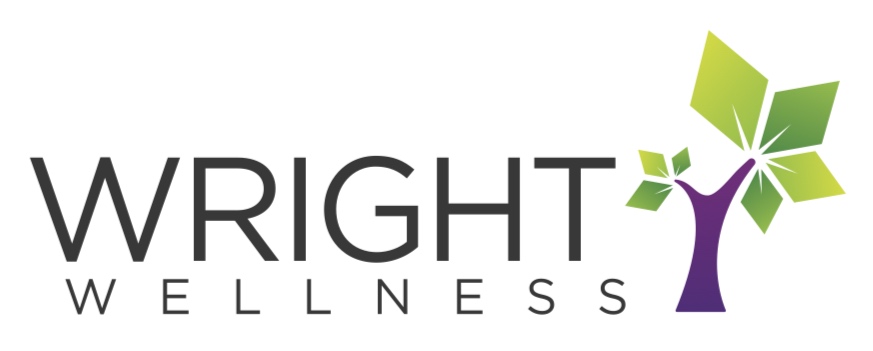Healing from Coming Out
Humans become and develop in the context of relationships. And in the context of relationships, people are both hurt and healed. This becoming is the development of self which can be broken down into identity and belonging. Parents are the first catalysts of both identity and belonging through love and acceptance. Also, key to this in the early years, are support from not only peers, but extended family and community, such as spiritual centers.
For those in the LGBT community that “come out” as an adult, there is a reckoning as one attempts to reconcile parts of themselves with the system(s) that one grew up with and the person that they choose to be. What this looks like for each person is unique as each person. There are some common themes of the parent myth and conditional unconditional love. When the system is healthy, the distance between memory and reality is small. There is still the typical adult development in processing of what one will and will not continue on and incorporate and so forth. When the distance between perception (expectation of others) and reality (self) is great, there is a dissonance that can be life shattering.
Ideally, the virtue to gain self-acceptance in “coming out” and living authentically should stem from the unconditional love and acceptance from parents and early life communities. There becomes a further mountain to climb when these sources of unconditional love and acceptance are revealed to be not only presently conditional, but upon self-reflection, historically as well. Awareness is key to awakening, but hard to walk out.
The way through is to grieve: one grieves not only who they thought they tried to be, but who they thought the people that were supposed to love them were and are. There is a natural longing that has great dissonance: if one’s lifestyle cannot be accepted, how can these early life relationships who have been pillars, not at least continue to love and accept the individual. It can create either a source of being stuck or a stepping point. It is painful. Hurtful. When one steps into who they are and is honest with not only themselves, but also those around them, it is vulnerable and brave and beautiful. To grieve, move on, and continue to be open and resist bitterness and resentment, creates a resiliency that is little discussed about the LGBT community. Sometimes, the kindest people (even those not a part of the LGBT community) are those with war torn hands. It takes courage to heal and be agents of unconditional love after experiencing conditional love. Pain can be transmuted to empathy if one is willing to heal.
Written by Mea McMahon, LPC
